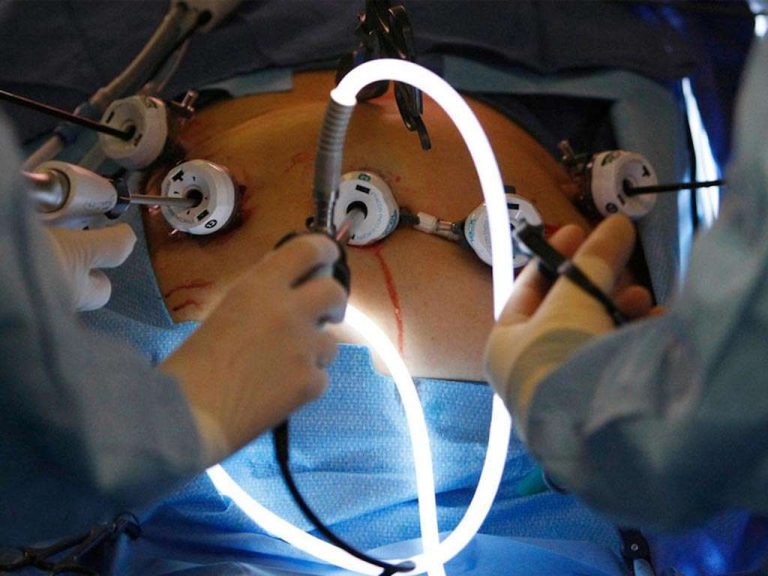Bariatric surgery is a surgical procedure to reduce the body’s excess weight. It consists of several procedures and aims to change the body’s hormones, which regulate hunger and satiety. These changes will lead to long-term weight loss. After the surgery, the body will be at its new hormonal weight set point.
Complications
Complications after weight loss surgery are very common and can occur during the procedure, in the immediate postoperative period, and even years later. Most of these complications are related to anesthesia, and can include major blood vessel injuries. In addition, patients with comorbidities may have an increased risk for complications. The type of weight loss surgery will also determine the risks associated with its complications.
Bariatric surgery generally produces positive results, but it does carry some risks. The risk of complications is typically low and can be minimized by selecting a boardcertified and experienced surgeon. These surgeons also follow stringent surgical techniques and regimens to ensure the best results possible. However, any surgery has risks, and bariatric surgeons must be well-trained and experienced in addressing them to ensure that their patients are safe and healthy.
A common postoperative complication is anastomotic leak, which occurs when the stomach or bowel leaks into the abdominal cavity. This usually occurs within the first week of the procedure and manifests with unexplained tachycardia, fever, and respiratory difficulty. The patient may also experience abdominal pain. Occasionally, anastomotic leaks progress to sepsis or infection, which requires urgent medical attention.
Weight loss surgery is a viable option for some patients, and it can help resolve comorbid conditions and help patients live longer, healthier lives. While this procedure is considered safe, it can have serious risks, so primary care providers must be informed about the risks associated with it. Complications are categorized into two types: early complications and late complications. Some of the risks are specific to each type of weight loss surgery.
Costs
If you’re considering weight loss surgery, you’ll need to know what to expect. There are two major factors that will affect the cost: the surgeon’s fee and the hospital fee. The surgeon’s fee is based on his or her expertise and the complexity of the operation. The hospital also charges a fee for the operating room and other support tasks, such as nurses.
A gastric sleeve surgery can cost between $13,900 and $15,400. This includes your hospital stay, anesthesia, surgeon’s fees, and routine follow-up visits for a year. This does not include any additional costs arising from complications during and after surgery. The cost of bariatric surgery is not always covered by insurance, however.
If you’re considering weight loss surgery but don’t have insurance, there are a couple of options. You may be able to secure a medical loan or sign up for a hospital’s payment plan. These options can help you spread the costs out over several years. Another option is to use a medical credit card like CareCredit. With this option, you pay no interest on the surgery, so it can be a good option for people who don’t have insurance.
You can also take out a personal loan to help you pay for your weight loss surgery. You can ask your bank or credit union for help, or even ask friends for loans. Weight loss surgery is one of the best treatments for obesity and related illnesses. A personal loan can make this procedure more affordable for many patients.
Insurance coverage for weight loss surgery can vary widely, but many procedures are covered by insurance. If you don’t have insurance, you may be able to secure coverage through your health plan. Depending on where you live, you can expect to pay anywhere from $15,000 to $20,000.
Thinking about bariatric surgery for lasting weight loss? Visit our site for expert insights, real patient stories, and everything you need to make an informed, confident choice.

